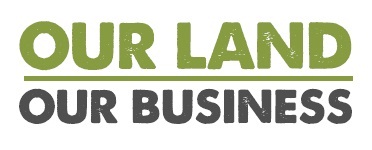Abundance of Resources in a Poor Country
Although it is among the world’s resource-richest countries, the DRC ranks at the bottom of the World Bank’s Doing Business ranking (183rd out of 189 economies ranked in 2014), with the US Bureau of Business Affairs qualifying the country as “a highly challenging environment in which to do business.”1 Invasions sparking consecutive conflicts in 1996-1997 and 1998-2003, fueled by foreign interests over Congolese resources, have played a big role in destabilizing the economy and governing institutions.
Yet less-than-ideal conditions have not deterred investors. Since 2003, foreign direct investment (FDI), directed towards the extractive sector (minerals coal and petroleum), the service and infrastructure sectors, and increasingly agriculture and forestry- logging sectors, has grown. With Congo’s weak institutional structures, investments are hardly controlled leaving the estimated $24 trillion in untapped raw mineral ores2 vulnerable to extraction and looting. Its own experts point out that a “better investment climate” can enhance deforestation, yet the Bank continues to finance projects aimed at attracting foreign investors.

Democratic Republic of Congo
Abundance of Resources in a Poor Country
Although it is among the world’s resource-richest countries, the DRC ranks at the bottom of the World Bank’s Doing Business ranking (183rd out of 189 economies ranked in 2014), with the US Bureau of Business Affairs qualifying the country as “a highly challenging environment in which to do business.”1 Invasions sparking consecutive conflicts in 1996-1997 and 1998-2003, fueled by foreign interests over Congolese resources, have played a big role in destabilizing the economy and governing institutions.
Yet less-than-ideal conditions have not deterred investors. Since 2003, foreign direct investment (FDI), directed towards the extractive sector (minerals coal and petroleum), the service and infrastructure sectors, and increasingly agriculture and forestry- logging sectors, has grown. With Congo’s weak institutional structures, investments are hardly controlled leaving the estimated $24 trillion in untapped raw mineral ores2 vulnerable to extraction and looting. Its own experts point out that a “better investment climate” can enhance deforestation, yet the Bank continues to finance projects aimed at attracting foreign investors.
DRC Fact Sheet
English
English: Low-Res (for slower connections)